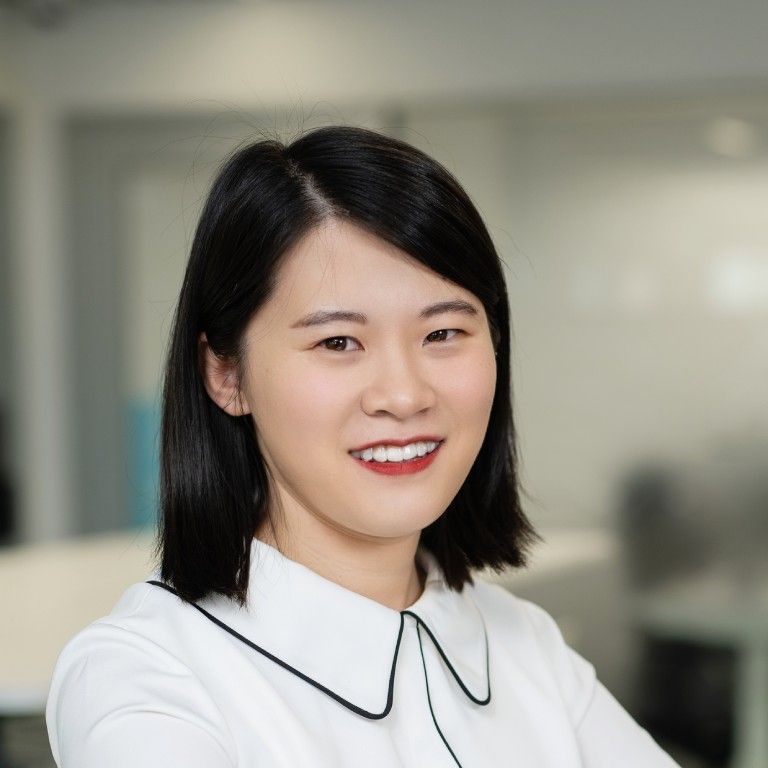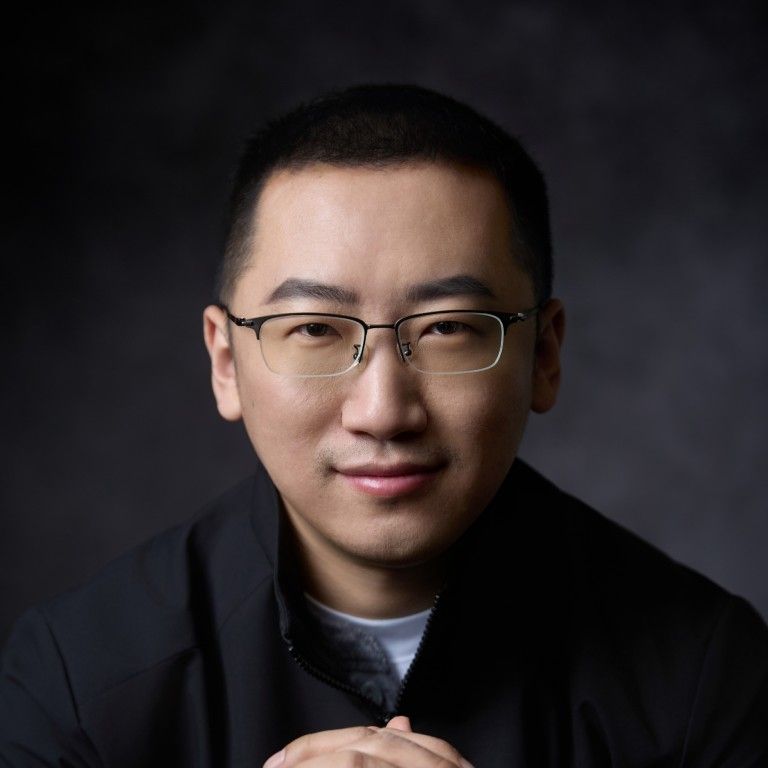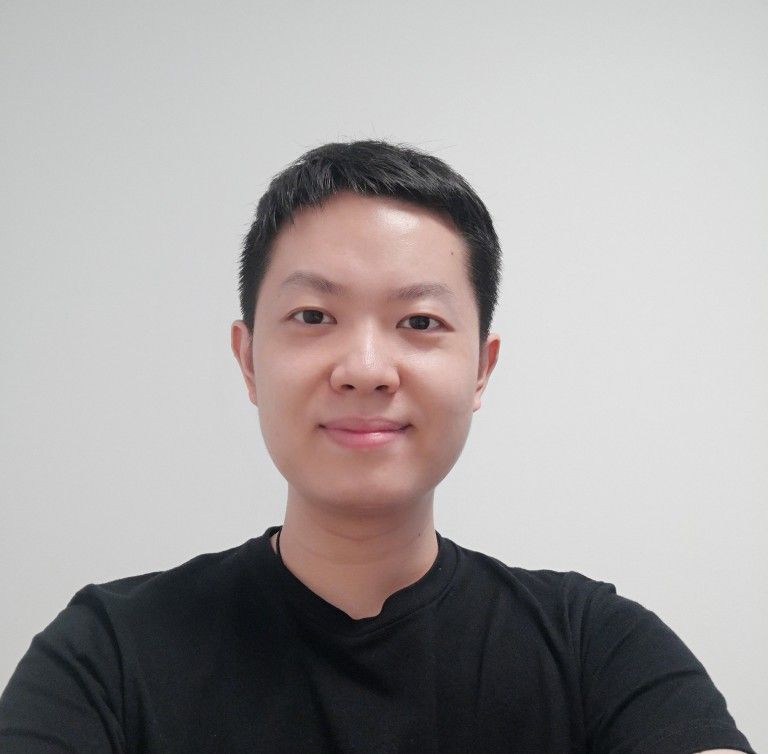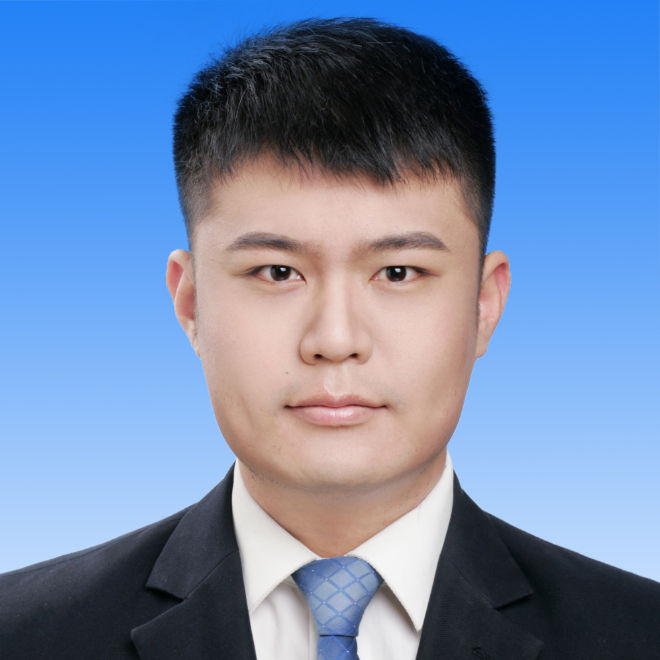
About Us
In Memoriam: Xiaoou Tang
The Multimedia Laboratory (MMLab) is established by Prof. Xiaoou Tang (24 January 1968 - 15 December 2023) in July 2001.
Prof. Xiaoou Tang's expertise covered a wide spectrum of computer vision and image processing areas. Among the pioneering and influential examples, he significantly advanced the facial recognition system to the level that exceeded human capability when their GaussianFace system designed by him and collaborators, achieving a world-record accuracy of 98.52% on the Labeled Faces in the Wild benchmark in 2014. He is also well known for his number of excellent works on image super-resolution, image haze removal, and object detection and recognition.
Prof. Xiaoou Tang's influence went beyond his research achievements. Throughout two decades, he guided and inspired a new generation of scholars in the fields of AI and computer vision, creating a lasting imprint for generations to come. For those fortunate enough to have known Xiaoou, his clever wit remains memorable, making the time with him both pleasant and intellectually engaging. He will be greatly missed, but his memory will serve as an enduring source of inspiration, motivating all of us to strive for better things.

Ping Luo
Associate ProfessorPing Luo is an Associate Professor in the Department of Computer Science at the University of Hong Kong, an Associate Director of the HKU Musketeers Foundation Institute of Data Science (HKU IDS), and a Deputy Director of the Joint Research Lab of HKU and Shanghai AI Lab. He obtained his Ph.D. in Information Engineering from the Chinese University of Hong Kong in 2014, under the supervision of Prof. Xiaoou Tang (founder of SenseTime) and Prof. Xiaogang Wang. Before joining HKU in 2019, he was a Research Director in SenseTime. He has published 100+ papers in international conferences and journals such as TPAMI, ICML, ICLR, NeurIPS, and CVPR, with over 75,000 citations on Google Scholar. He was awarded the 2015 AAAI Easily Accessible Paper, nominated for the 2022 Computational Visual Media Journal's Best Paper of the Year, won the 2022 ACL Outstanding Paper, the 2023 World Artificial Intelligence Conference (WAIC) Outstanding Papers, and was a candidate for the Best Paper at ICCV'23. He was recognized as one of the innovators under 35 in the Asia-Pacific region by the MIT Technology Review (MIT TR35) in 2020. He has mentored 30 Ph.D. students, many of whom have received significant awards such as the Nvidia Fellowship, Baidu Fellowship, WAIC Yunfan Award, etc.

Xihui Liu
Assistant ProfessorXihui Liu is an Assistant Professor at the Department of Electrical and Electronic Engineering and Institute of Data Science, The University of Hong Kong. Before joining HKU, she was a Postdoctoral Scholar at UC Berkeley advised by Prof. Trevor Darrell. She obtained her Ph.D. degree from Multimedia Lab (MMLab), the Chinese University of Hong Kong in 2021, supervised by Professor Xiaogang Wang and Professor Hongsheng Li. Before that, she received her bachelor's degree from Tsinghua University in 2017. Her research interests cover computer vision, machine learning, and artificial intelligence. She is particularly interested in visual synthesis, generative models, and multimodal AI, as well as their applications in other areas such as embodied AI and AI for Science. She was awarded Adobe Research Fellowship 2020, EECS Rising Stars 2021, and World Artificial Intelligence Conference (WAIC) Yunfan Rising Star Award 2022. She serves as area chairs for CVPR 2024, ACM MM 2024, ICLR 2025, CVPR 2025, and NeurIPS 2025.

Hongyang Li
Assistant ProfessorHongyang Li is an Assistant Professor at Musketeers Foundation Institute of Data Science, University of Hong Kong and has led OpenDriveLab (opendrivelab.com) since 2021. His research focus is on autonomous driving and embodied AI. He led the end-to-end autonomous driving project, UniAD and won the IEEE CVPR 2023 Best Paper Award. UniAD has a tremendous impact both in academia and industry, including the recent rollout to customers by Tesla in FSD V12. He created the first large-scale real robot ecosystem, AgiBot World, that systematically investigated the scaling law principles for robotic manipulation. He proposed the bird's-eye-view perception work, BEVFormer, that won Top 100 AI Papers in 2022. He served as Area Chair for CVPR, NeurIPS (including 2023 Notable AC), ICLR, ICCV, ICML, RSS, referee for Nature Communications, Guest Editor at Automotive Innovations. He is the Working Group Chair for IEEE Standards P3474 under Vehicular Technology Society. He is the Senior Member of IEEE, CCF and CSIG. He is the recipient of China AI Wu Wen Jun Early Career Award 2024.

Bo Dai
Assistant ProfessorBo Dai is an Assistant Professor in the Musketeers Foundation Institute of Data Science, The University of Hong Kong. He obtained his PhD degree from The Chinese University of Hong Kong, working with Prof. Dahua Lin. His research interests include Generative AI and its interdisciplinary applications in areas covering Embodied AI, Scientific Discovery, Metaverse and Creativity. His representative works include AnimateDiff, a pioneering work and milestone in video generation, as well as a leading research series in city-scale scene reconstruction and rendering such as CityNeRF, GridNeRF, LandMark, and Scaffold-GS. He is an Area Chair of NeurIPS2024 and AAAI 2021.

Yao Mu
Assistant ProfessorYao Mu is a tenure-track Assistant Professor, at AI Institute, School of Computer Science in Shanghai Jiao Tong University, where he works closely with Professor Xiaokang Yang at SJTU, Prof. Ping Luo at HKU, and Professor Mingyu Ding at UNC. Previously, he received my doctoral degree of Computer Science at the University of Hong Kong, fortunately supervised by Prof. Ping Luo and co-advised by Prof. Xiaoou Tang at the MMLab@HKU. Previously he obtained the M.Phil Degree from Tsinghua University in June 2021,under the supervision of Prof. Bo Cheng and Prof. Shengbo Li at the Intelligent Driving Laboratory and Prof. Jianyu Chen at the Institute for Interdisciplinary Information Sciences in Tsinghua University.
Positions of Postdocs, RAs, full-time/part-time PhDs, Internships, Research Scientists, etc., are available. Inquiries can be directed to [email protected], which will reach all relevant team members: